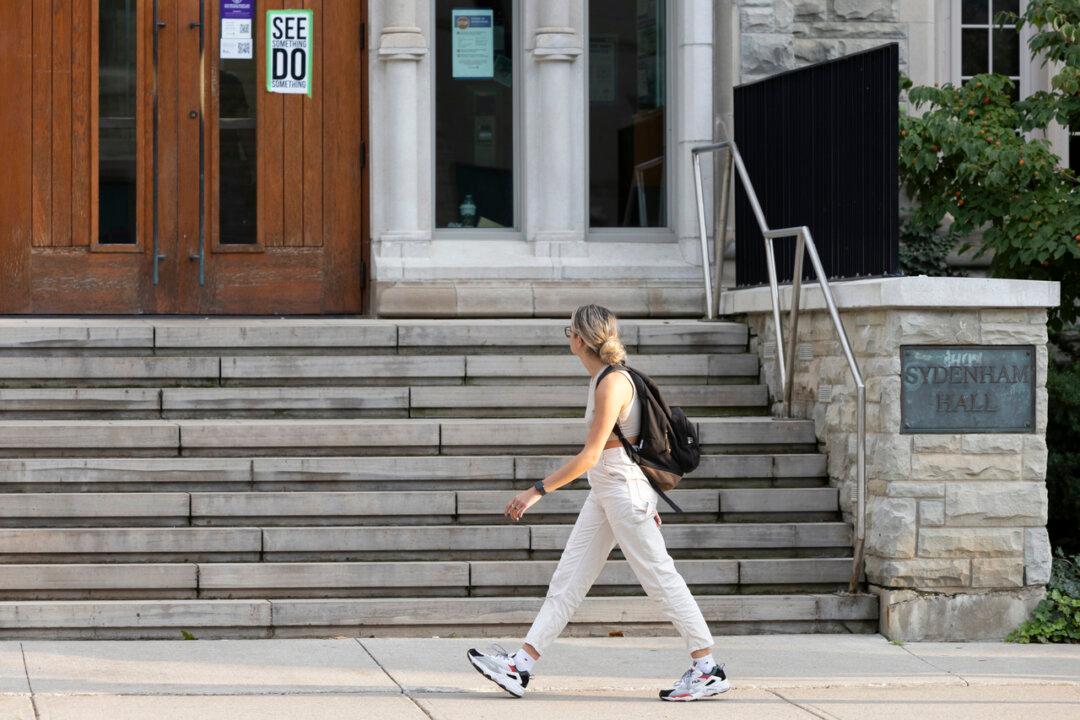Most Canadian students are still feeling the negative mental health effects of dealing with the pandemic, according to a new study.
The study, titled, “The New Abnormal: Student Mental Health Two Years Into COVID-19” [pdf] was jointly produced by the Canadian Alliance of Student Associations (CASA), Abacus Data, and the Mental Health Commission of Canada.





